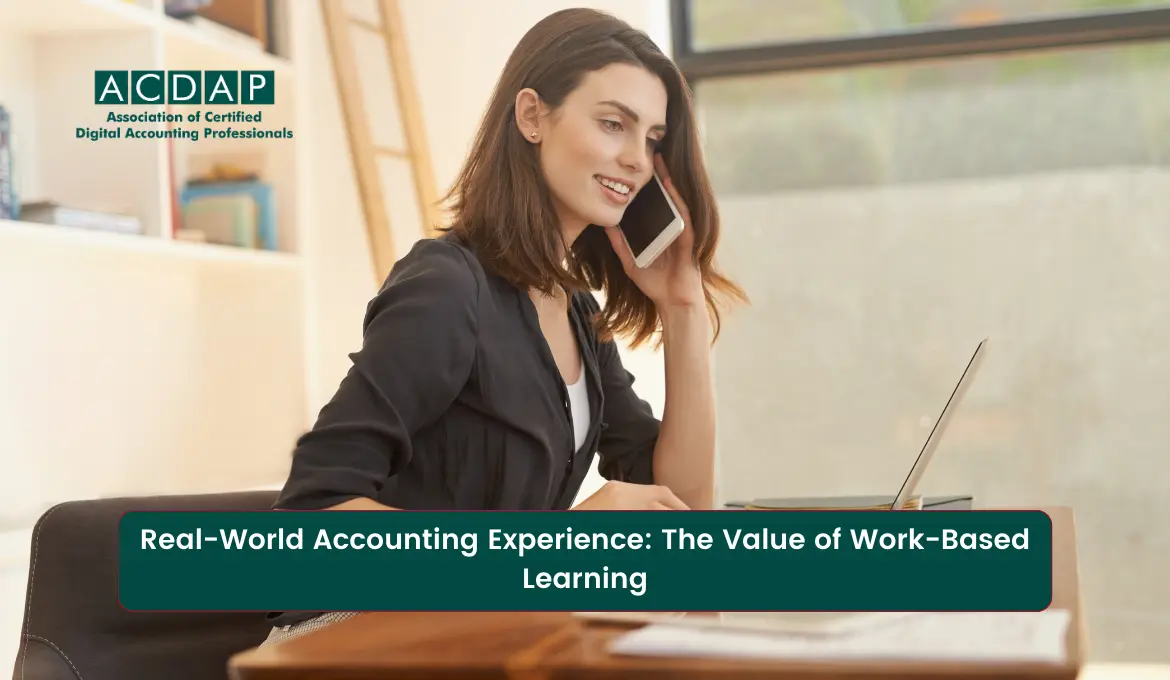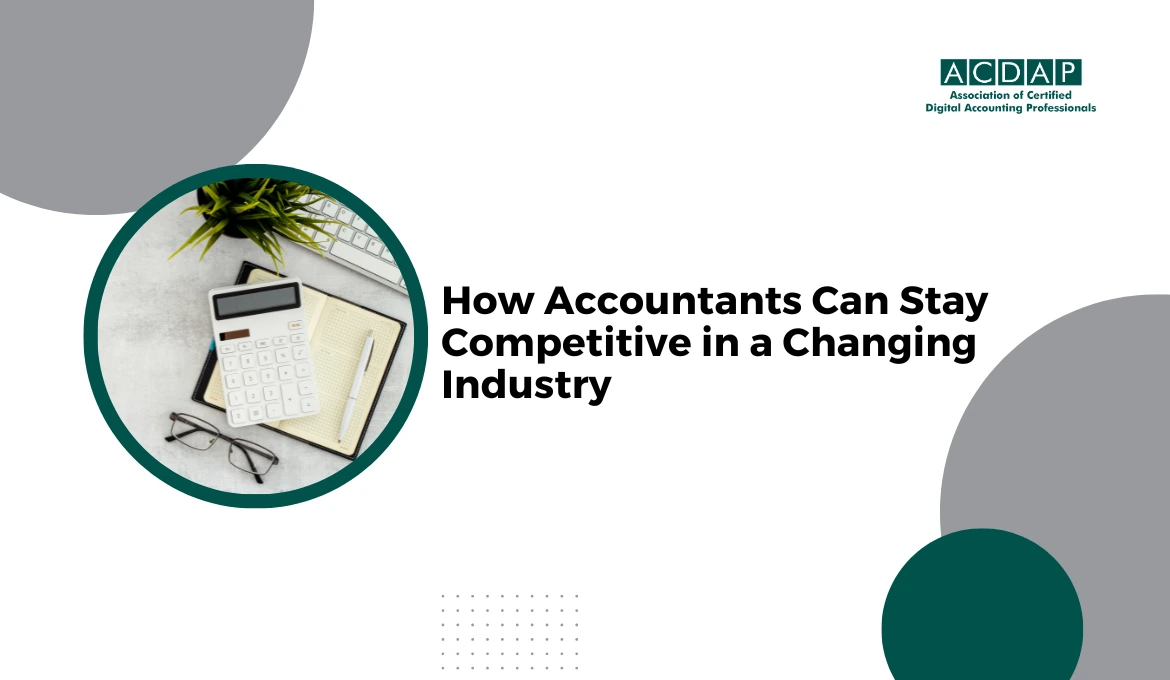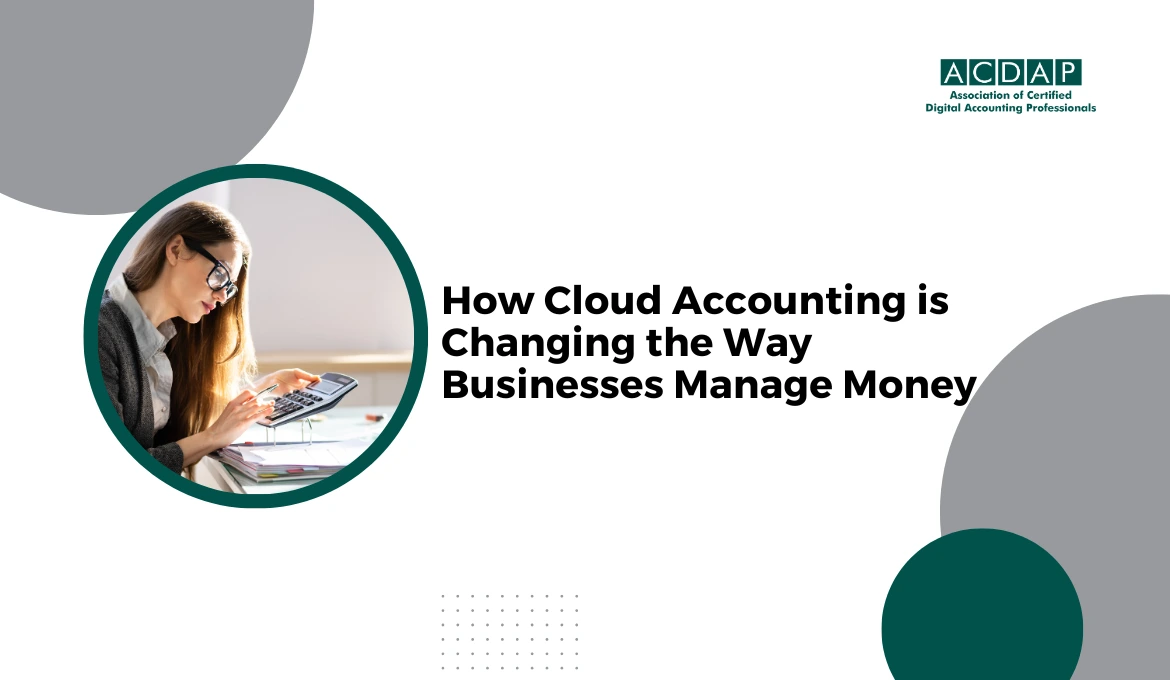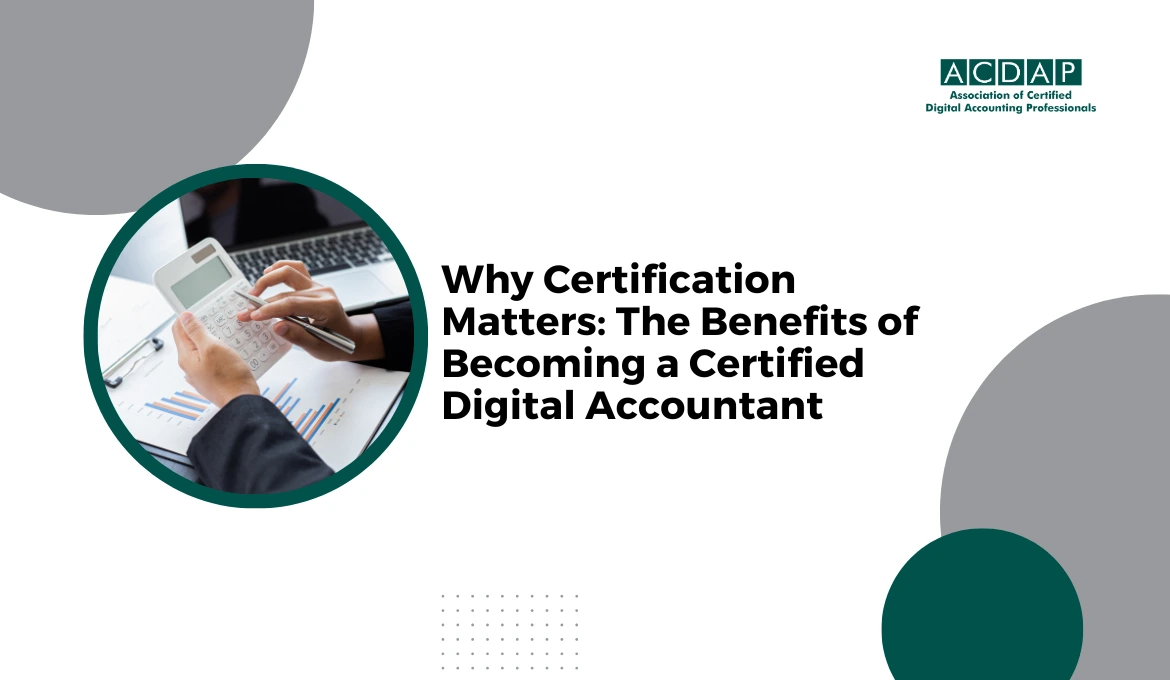Accounting is not merely about studying theories; real-world experience holds significant value. We'll explore how this type of learning benefits individuals and companies and discuss strategies for maximising its impact.
This article discusses the importance of gaining practical knowledge in accounting through on-the-job learning.
Why Learning on the Job is Essential
In the past, accountants primarily relied on what they learned in books. However, it's now evident that combining theoretical knowledge with hands-on work experience is the preferred approach.
On-the-job learning, also called work-based education, has become increasingly vital for individuals aiming to succeed in accounting.
How Individuals Benefit
- Applying What You Learn: On-the-job learning enables the application of theoretical knowledge to real-world situations, enhancing the understanding of accounting principles and the ability to navigate complex financial scenarios.
- Developing Skills: Beyond theoretical understanding, work-based learning facilitates the development of practical skills, such as analysing finances, problem-solving, and effective communication.
- Building Confidence: Successfully tackling genuine accounting tasks fosters professional confidence, instilling a sense of assurance that proves valuable in future work endeavours.
- Networking Opportunities: Engaging in on-the-job learning introduces individuals to professionals in the field, fostering relationships that can lead to mentorship, career advancement, and a broader perspective on the accounting profession.
How Companies Benefit
- Enhanced Productivity: Employees with on-the-job experience are better equipped to handle daily tasks efficiently, contributing to increased productivity within the company.
- Adaptability to Changes: The dynamic nature of accounting requires professionals to adapt swiftly to industry changes. Individuals with work-based learning experience are better positioned to navigate evolving financial regulations, technological advancements, and market trends.
- Streamlined Training Processes: Hiring candidates with prior on-the-job learning experience reduces the time and resources required for onboarding as they enter the workforce with a practical understanding of the organisation's operations.
- Effective Problem-Solving: Employees who have encountered and solved real-world accounting challenges during their training are more adept at addressing complex issues in the workplace, ensuring a more agile response to unforeseen financial situations.
Strategies for Maximising On-the-Job Learning
- Structured Internship Programmes: Establishing structured internship programmes provides students valuable exposure to real-world accounting scenarios. These programmes should balance practical experience and mentorship, allowing interns to apply their knowledge under the guidance of experienced professionals.
- Mentorship Initiatives: Pairing novice accountants with seasoned mentors fosters a supportive learning environment. Mentors can share insights, guide practical challenges, and offer valuable perspectives based on their years of experience.
- Integration of Technology: On-the-job learning should incorporate accounting software and technologies prevalent in the industry. Familiarity with these tools enhances the practical skills of individuals, preparing them for technological advancements in the field.
- Continuous Learning Opportunities: Encouraging a culture of constant learning within the organisation ensures that accounting professionals stay updated on industry trends. This could involve attending workshops and seminars or pursuing advanced certifications to enhance their skills further.
Wrapup
Learning about accounting on the job is crucial for both individuals and companies. It's not just about studying; it's about putting what you know into action. As the world of accounting changes, the ability to learn and work simultaneously is critical to becoming a successful accountant. It's not just a trend; it's the way forward for anyone who wants to excel in accounting.


























